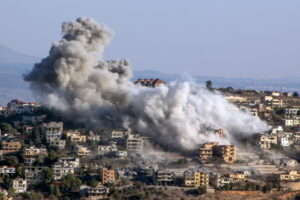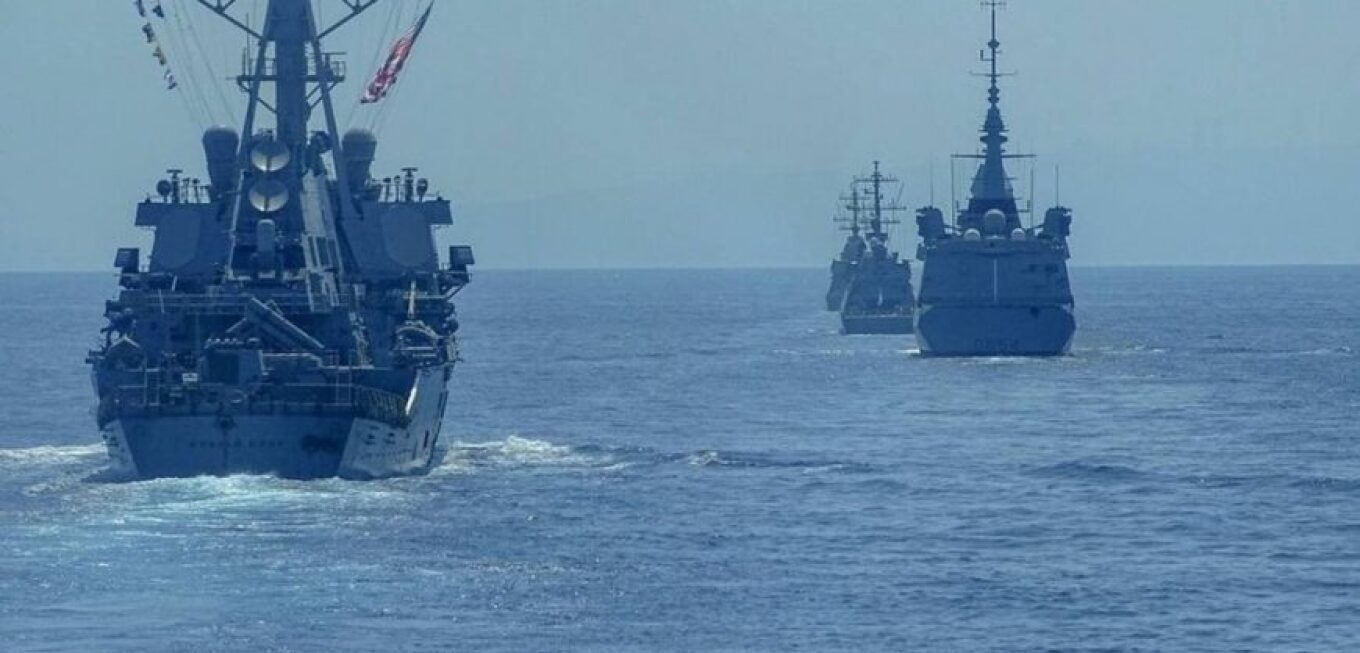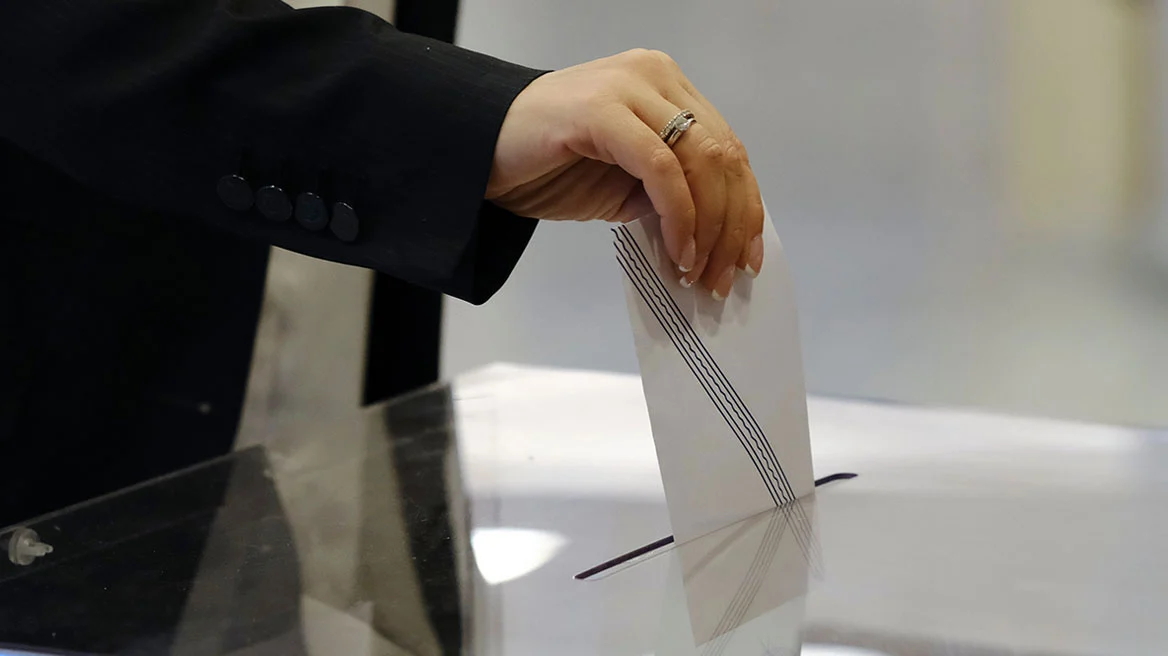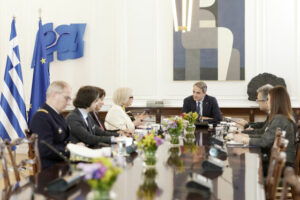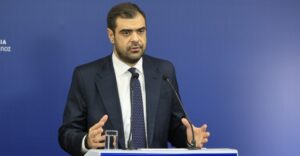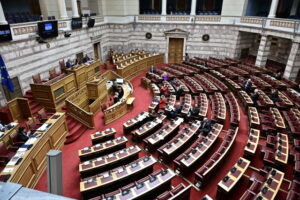Last week, Israel submitted a document to the US outlining its terms for a diplomatic solution that would allow for the end of the war in Lebanon and the return of displaced citizens from both sides of the border to their homes, Axios reports, citing two American and two Israeli officials.
According to Israeli officials, the office of the Israeli Prime Minister delivered the document to the White House ahead of Hochstein’s visit to Beirut today, where the possibility of finding a diplomatic solution to the conflict will be discussed.
Specifically, sources indicate that Israeli Minister of Strategic Affairs Ron Dermer, one of Netanyahu’s closest aides, sent the document to Hochstein on Thursday.
Israeli officials stated that the document emerged from discussions Dermer had with the Defense Ministry and the Israeli armed forces regarding Israel’s demands that must be met for any agreement to be possible. One of Israel’s conditions is to allow its armed forces to take action to actively prevent the rearming of Hezbollah and the restructuring of the organization’s military infrastructure in southern Lebanon near the border. Israel also demands that its air force be allowed to operate freely in Lebanese airspace, an Israeli official added.
These two demands contradict UN Security Council Resolution 1701, which stipulates that the Lebanese Armed Forces (LAF) and the UNIFIL peacekeeping force are responsible for enforcing the ceasefire between Israel and Hezbollah.
“We are talking about Resolution 1701 with enhanced enforcement. Our key message is that if the Lebanese army and UNIFIL do more, the Israel Defense Forces (IDF) will do less, and vice versa,” an Israeli official told Axios.
An American official estimated that the chances of Lebanon and the international community accepting these terms are minimal, as they would dramatically undermine Lebanon’s sovereignty.
Hochstein is expected to arrive in Beirut today. He will meet with Lebanon’s caretaker Prime Minister Najib Mikati, Speaker of Parliament Nabih Berri, and other Lebanese officials to discuss Israel’s demands.
Berri stated on Sunday to Al-Arabiya that Hochstein’s visit is “the last opportunity before the American elections to find a solution” to the Lebanon war. He clarified that there is consensus in Lebanon in favor of UN Resolution 1701 and made it clear that he rejects any amendments to it, as requested by Israel.
Hochstein is expected to push for the expanded deployment of Lebanese armed forces in southern Lebanon as part of any diplomatic solution to end the war, according to American and Israeli officials.
In recent years, the Lebanese army has had very limited forces in the area, which has been primarily under Hezbollah’s control. Hochstein seeks the deployment of at least 8,000 Lebanese soldiers in southern Lebanon, the site’s sources reported.
The American special envoy also wants to strengthen UNIFIL’s mandate so that it can assist the Lebanese army in preventing the deployment of armed groups not controlled by the Lebanese government near the Israeli border. American officials admit that since the 2006 war, UNIFIL has not contributed significantly to enforcing Resolution 1701 and has not prevented Hezbollah from building extensive military infrastructure in southern Lebanon, violating the resolution.
On Sunday night, ahead of Hochstein’s visit, the Israeli Air Force conducted airstrikes across Lebanon, targeting dozens of sites associated with Hezbollah’s bank, including a building in Beirut, according to the IDF. A senior Israeli official told reporters that Hezbollah’s bank operates independently of Lebanon’s financial system and is not under the oversight of either the government or the central bank. According to the Israeli official, Hezbollah’s bank receives hundreds of millions of dollars annually from Iran and plays a key role in financing the organization’s operations.
Ask me anything
Explore related questions
